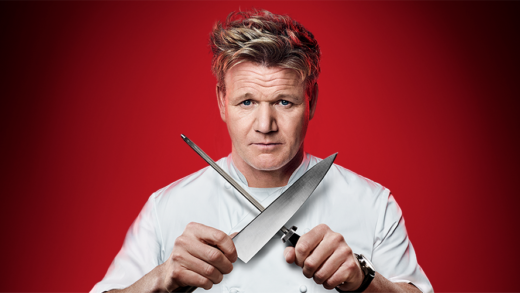The culinary world's rampant sexism is well-documented. Data USA reports that 78.4% of chefs and head cooks are men, despite the fact that, since 2009, women and men have been attending culinary school in almost equal numbers. The women who do make it into kitchens typically make much less ($28,300 annually, versus a man's $34,500) and of America's 25 highest-paid chefs, only three—Rachael Ray, Paula Deen and Ina Garten—are women.
This is not an issue that's specific to the USA. In Holland, only 10 percent of professional chefs are women. In the UK, it's 18.5 percent. And, out of Britain's 172 Michelin-starred restaurants, only 10 have female head chefs. In 2017, the dire consequences of this industry-wide inequality were revealed when the New York Times and Washington Post exposed sexual harassment and assault at the highest echelons of the culinary world. But the media at large is not always so helpful. In 2013, Time's "Gods of Food" issue, for example, featured zero women chefs on its main list. The only two that managed to get a mention were relegated to a side panel.
The only kitchens in the world where women may have a realistic hope of being treated equally are, arguably, those with television cameras in them. And, surprisingly, it's the reality TV kitchens headed by Gordon Ramsay that seem to do the best job. It makes almost no sense. Ramsay has been appallingly sexist in public on several occasions. In 1999, he said he didn't like employing female chefs because "they only work three weeks a month" and "How can you shout at someone who's four months pregnant?" In 2013, he held up an image of a naked woman on all fours with the face of a pig, and told a 3,000-person audience that it was Tracy Grimshaw, an Australian journalist who had interviewed him the day before.
And yet on Ramsay's TV competitions, despite the fact that the judges are almost always men, women thrive and, more often than not, win. Of 17 seasons of Hell's Kitchen, 11 of the winners are women. So were five out of the first six winners of MasterChef. One, Courtney Lapresi, talked openly about her work as a stripper and suffered zero judgment for it. (Shows like America's Next Top Model have proven far less tolerant of sex workers.) Another winner, Whitney Miller, was just 22-years-old and sweet in a way that you'd expect to rub Ramsay the wrong way. Other female winners have included a blind Asian-American woman (Christine Hà) and a Latina single mom who is now a judge on Masterchef Latino (Claudia Sandoval). Only two of the nine MasterChef winners have been white men—the demographic most likely to dominate professional kitchens.


